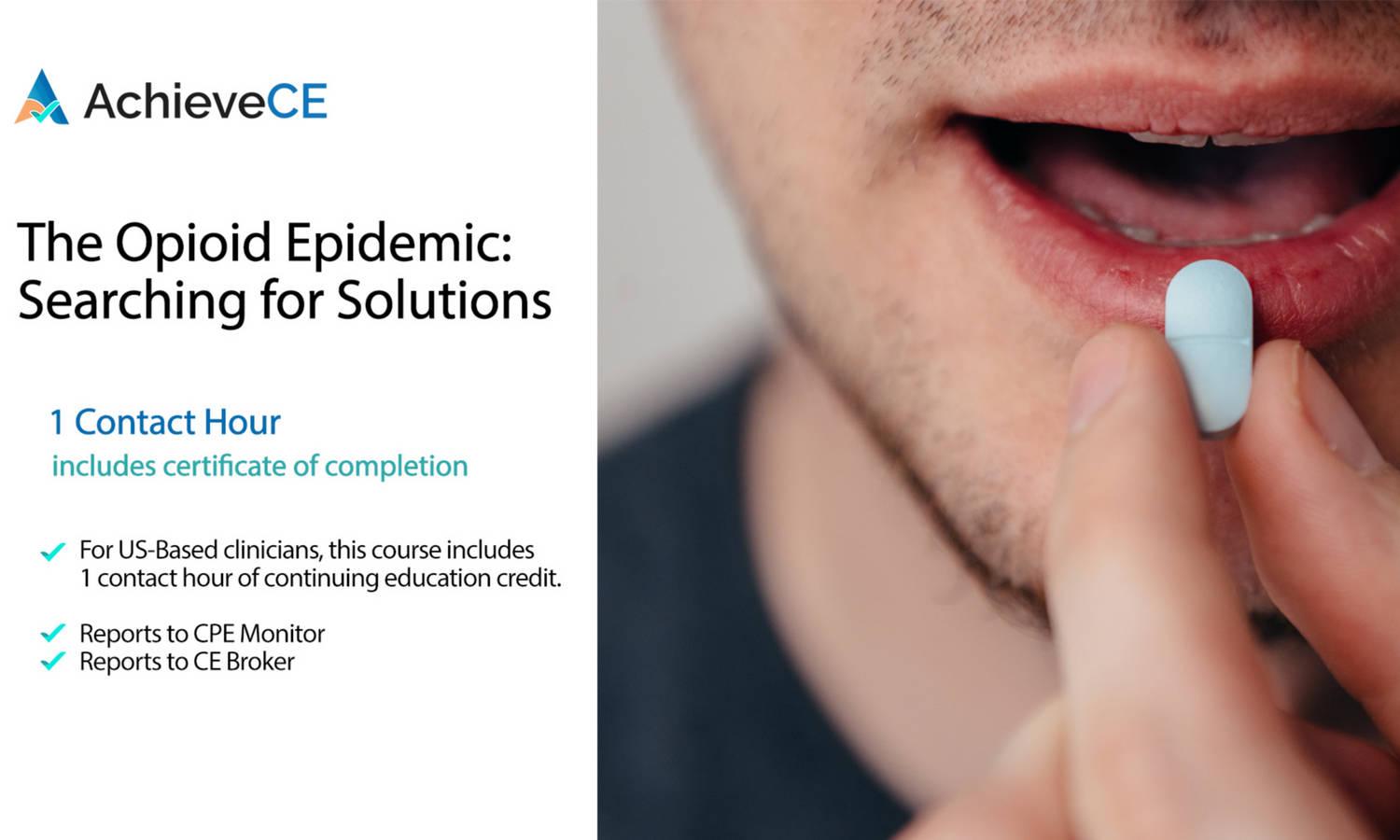
Episode 2: Update on Rapid-Onset Therapies for Major Depressive Disorder
Episode 2: Update on Rapid-Onset Therapies for Major Depressive Disorder is organized by CME Institute of Physicians Postgraduate Press, Inc. (PPP).
Activity opens: 01/30/2023
Activity expires: 02/29/2024
Overview
The new fast-acting antidepressants esketamine, an NMDA receptor antagonist, and positive allosteric modulators of GABAergic neurotransmission brexanolone and zuranolone have created an important and exciting paradigm shift in the treatment of depression.
Program Description
In this video Anita Clayton, MD, and Michael Thase, MD, discuss established and novel treatment options for patients with depression. The current treatment paradigm for depression includes monoamine oxidase inhibitors (MAOIs), serotonin–norepinephrine reuptake inhibitors (SNRIs), selective serotonin reuptake inhibitors (SSRIs), and tricyclic antidepressants (TCAs) with a treatment algorithm that begins with first-line antidepressants, followed by switching to another first-line antidepressant and thirdly incorporating combination or adjunctive therapies. These approaches have led to little improvement, with 2 to 3 out of 10 people continuing with little significant improvement even after persisting through multiple trials. Observations have led researchers to think outside the box and create new mechanisms of action that have demonstrated rapid onset of action for patients with depression. N-methyl-D-aspartate (NMDA) receptor antagonist ketamine and the more potent esketamine, as well as neuroactive steroid (NAS) gamma-aminobutyric acid (GABA) receptor–positive allosteric modulators zuranolone and brexanolone have shown dramatic rapidity of action and longer duration of response. Both esketamine and brexanolone have been FDA-approved, with zuranolone in phase 3 clinical trials. These new approaches to treatment offer new hope to patients with depression and have inspired a wave of excitement for clinicians and researchers.
Learning Objectives
After completing this educational activity, you should be able to:
• Implement faster-acting antidepressant treatment for patients with major depressive disorder for whom?treatment has been delayed or suboptimal










